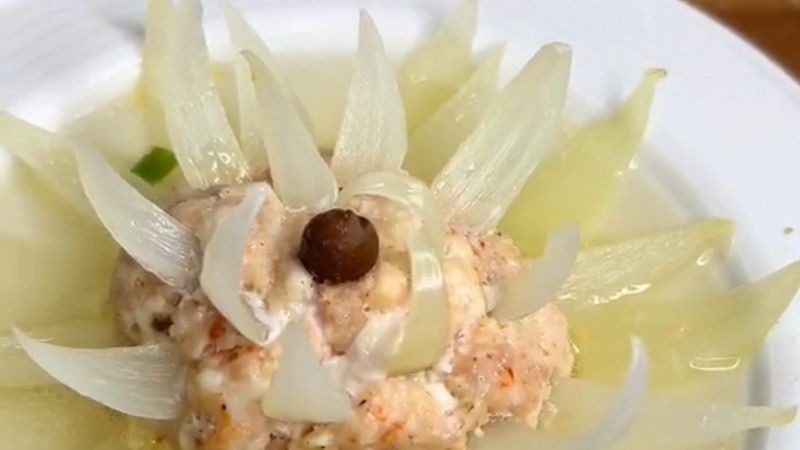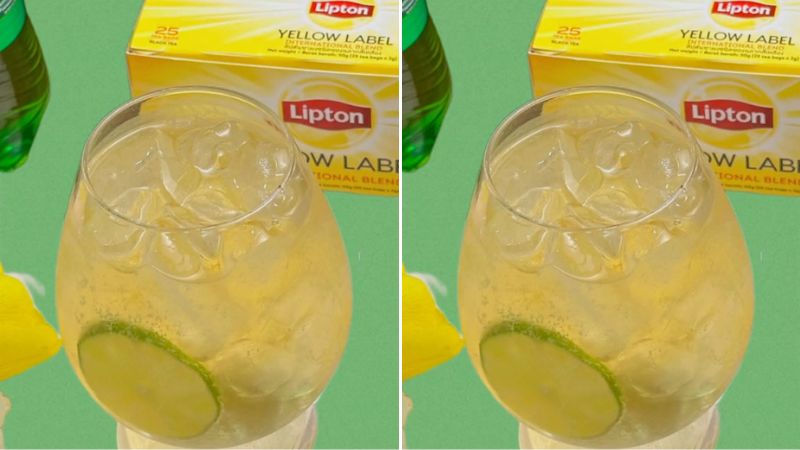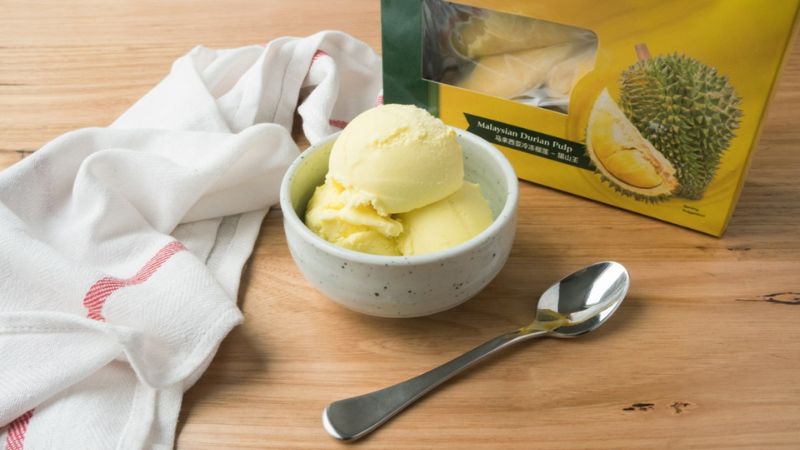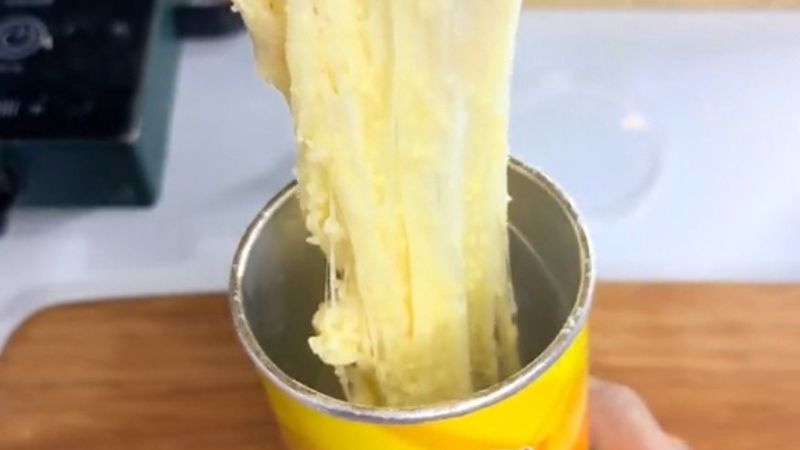Tips to keep vegetables and fruits fresh
To be able to prepare the best food, you need to know how to preserve them best. Let's learn these good tips that VN Cooking has provided for you.
1. Clean vegetables
DO: wrap in a tissue to absorb moisture and place a plastic bag in the refrigerator tray.
DO NOT: refrigerate basil, they are easily damaged by cold, put them in water and leave in a sunny window.
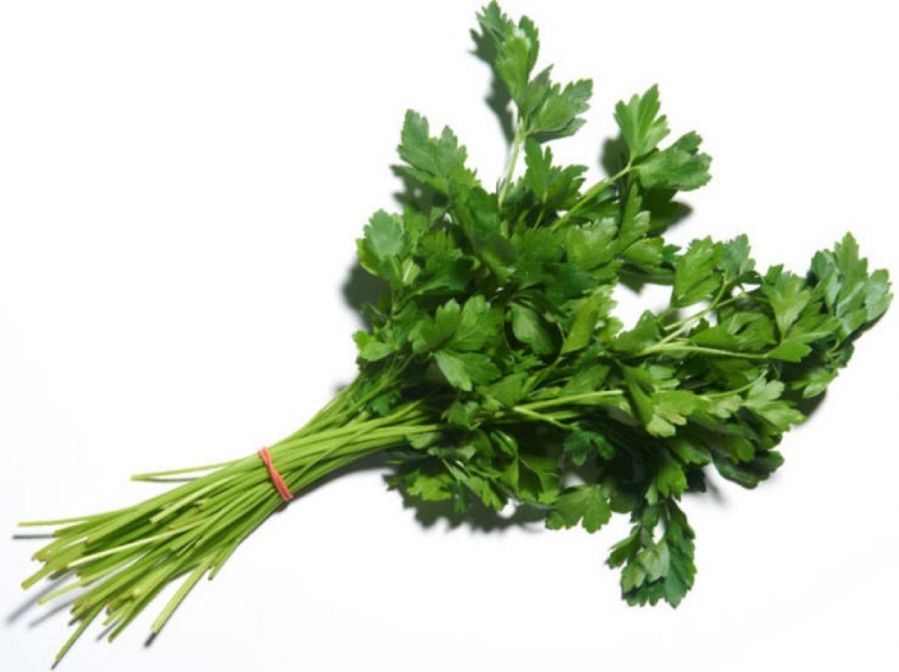
2. Tomatoes
DO: keep cherries and grapes, tomatoes in its original container and place in the refrigerator.
DO NOT: ripen tomatoes near vegetables.
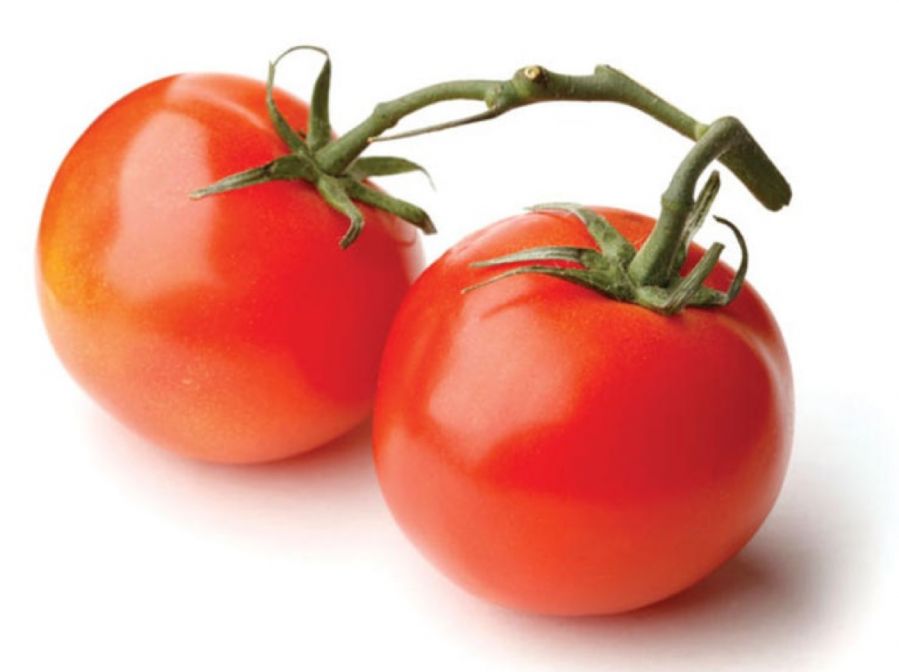
3. Spices (onions, chives, garlic)
DO: place them in a warm, dry place like on a kitchen table.
DON'T: place them near ripe fruit, these spices contain strong sulfur compounds, easily damaging other products. Also do not put them in the refrigerator, where there is moisture, making them easy to rot and root.
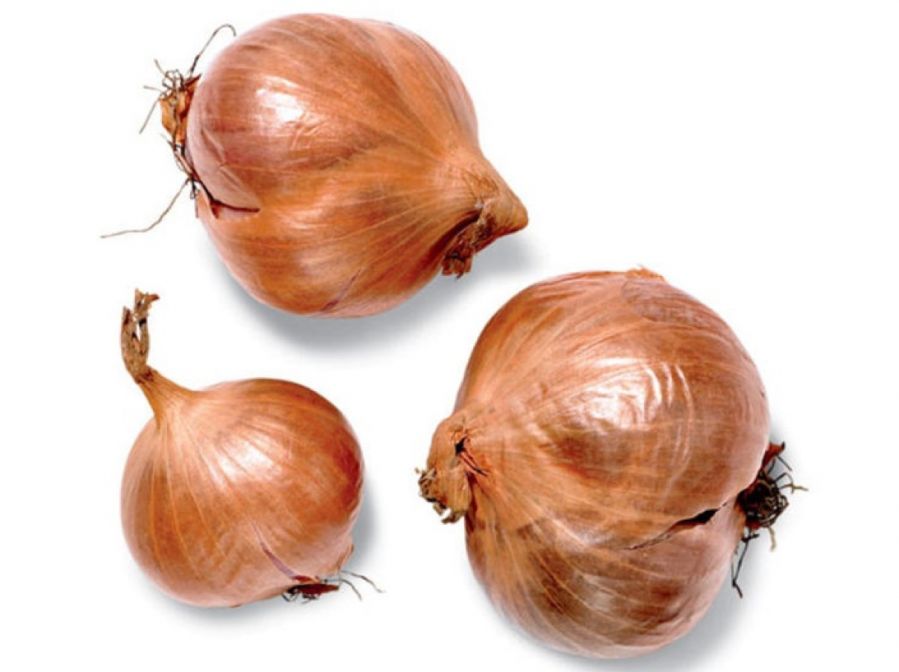
4. Watermelon
DO: leave watermelons ripe on the kitchen counter for about a week. Refrigerate the day after the start of the feeding.
DO NOT: put them near other fruits. Watermelons are more easily broken by ethylene, a substance that helps fruits ripen faster and also spoils more quickly.
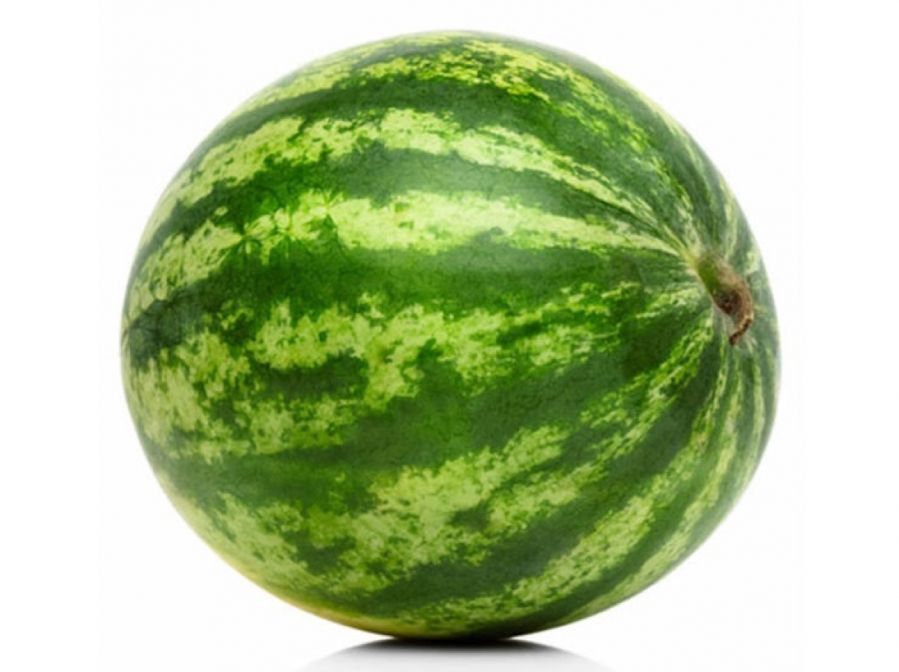
5. Mushrooms
DO: put unwashed mushrooms in a paper bag and place in the refrigerator. Keeping them cool and dry is an environment that inhibits bacterial growth, while paper bags help limit dehydration.
DO NOT: wash before storing.
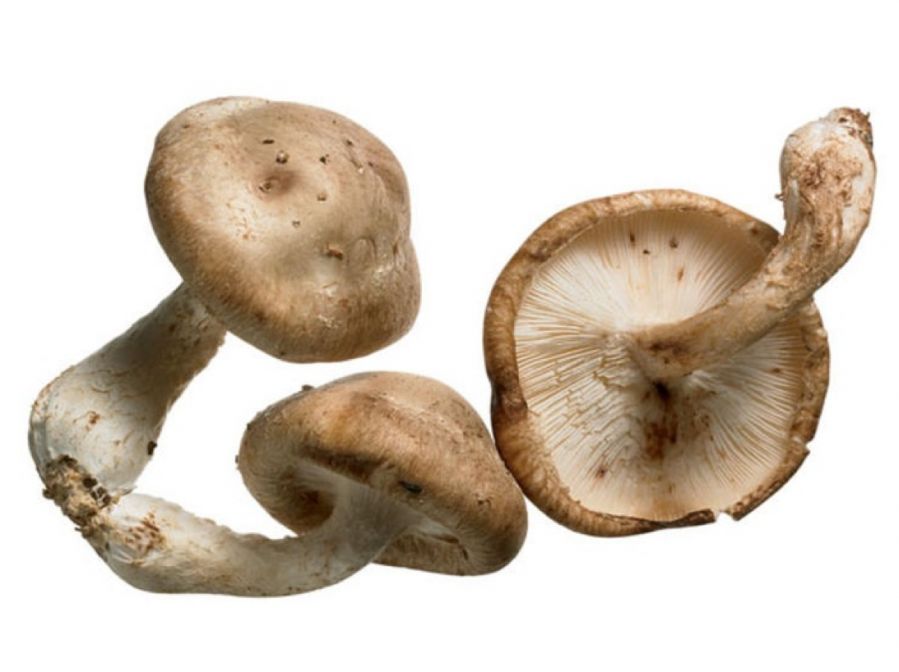
6. Fruit (peaches, plums)
DO: ripen on a shelf and then transfer to the refrigerator. To extend the life of these fruits, remove the seeds and boil with sugar syrup for a few minutes, cool and place in an airtight container in the freezer.
DO NOT: put in the fridge when they are not cooked, otherwise they will not be cooked.
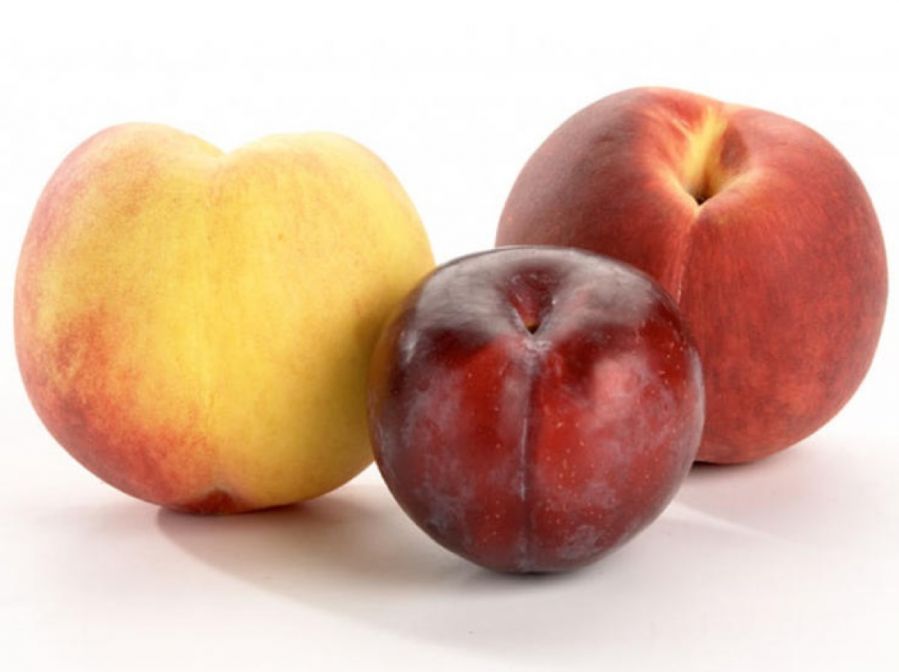
7. Grapes
DO: put in their original, breathable plastic bags, remove bruised or damaged fruits, wrap with paper towels to absorb excess moisture - conditions that promote mold growth.
DO NOT: wash until before eating, as this only promotes the growth of mold.
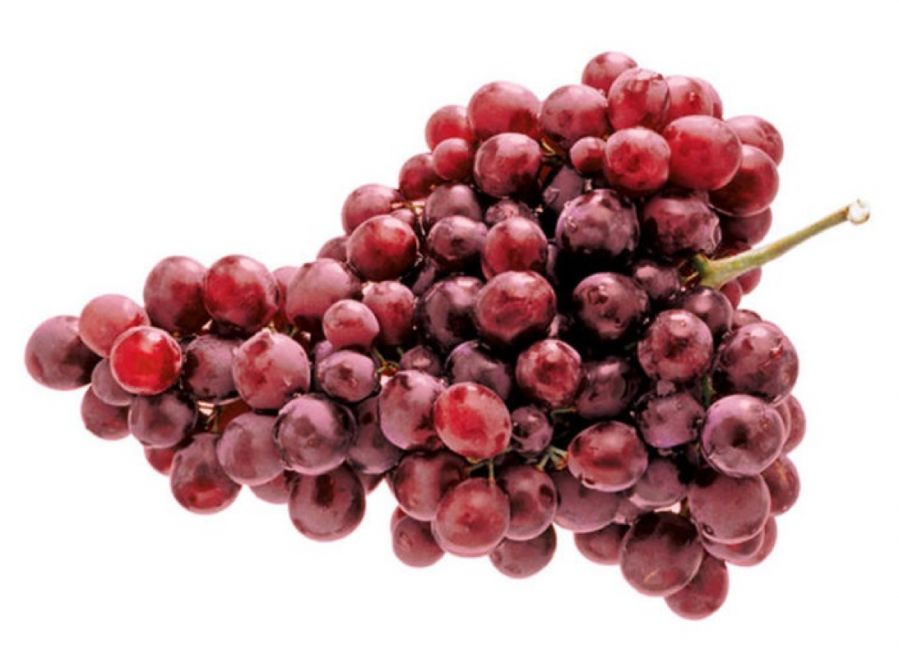
8. Green vegetables
DO: keep them dry before storing, as the humidity is too high for them to spoil. Wrap vegetables in paper towels, put in plastic bags and store in a tray.
DO NOT: stay close to fruits that produce lots of ethylene gas like tomatoes.
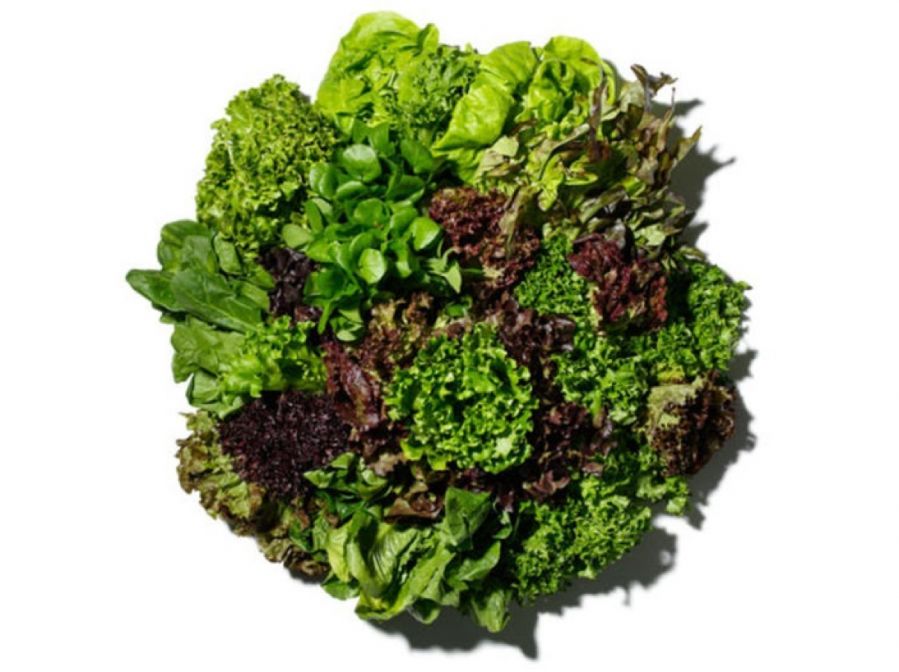
9. Berries (strawberries, raspberries ...)
DO: put in their original containers, increase ventilation. Remove crushed or moldy berries, as they will speed up the damage to the remaining fruit.
DO NOT: wash before storing as for grape.
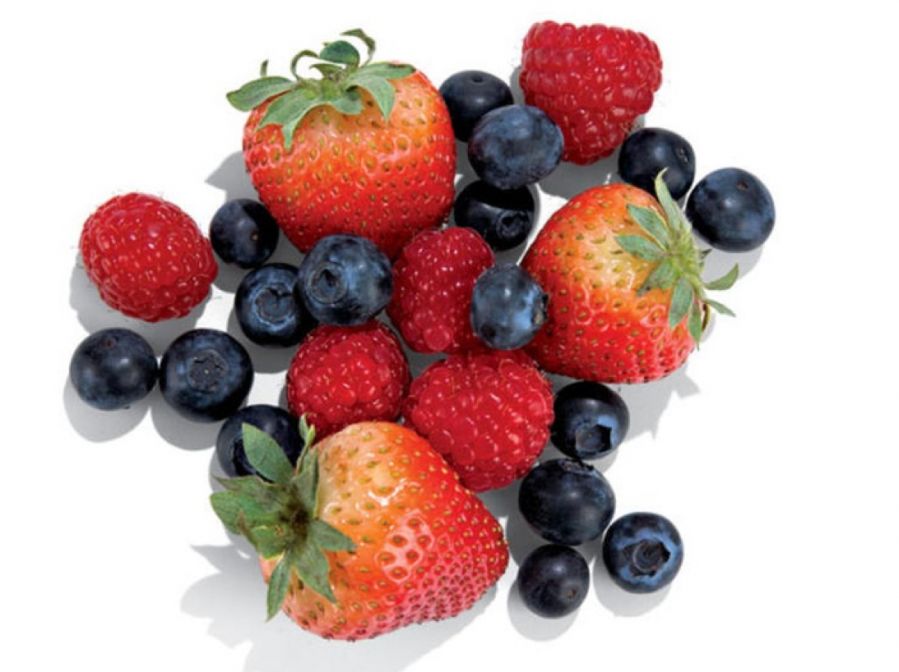
10. Apple
DO: Put a glossy bag in the refrigerator tray. Apple apples with sugar can be stored in the freezer, as well as sliced apples dipped in lemon juice outside will prevent browning.
DON'T: keep vegetables close to them, as the enthylne from the apple will spoil easily.
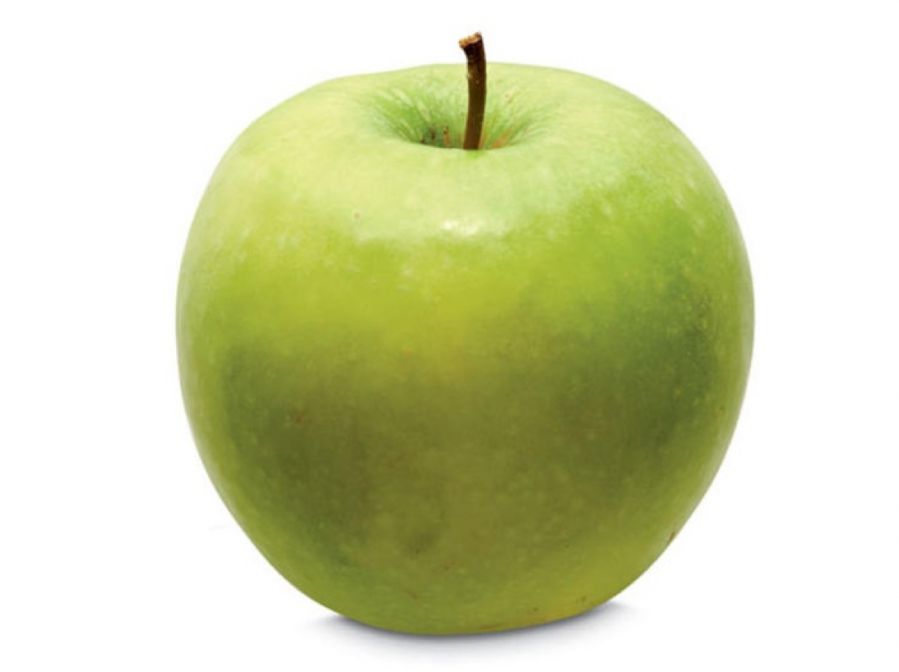
11. Potatoes
DO: leave baked potatoes in a cool, dark place, and small varieties in the refrigerator.
DO NOT: leave baked potatoes in direct sunlight, they stimulate the development of a poison that can be a great danger. Keep smaller potatoes away from apples and pears.
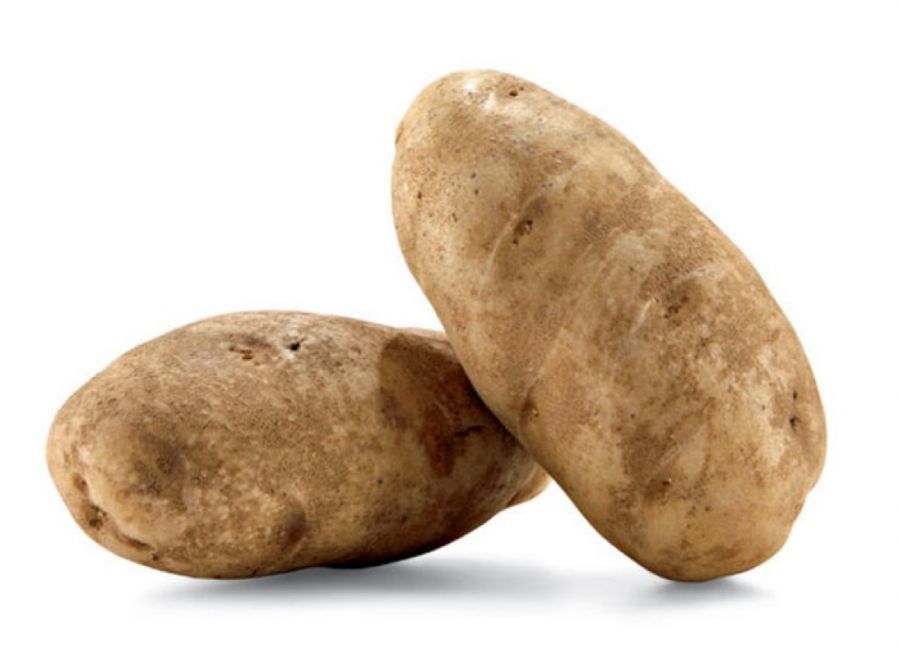
12. Asparagus
DO: keep them upright in the refrigerator with damp paper towels wrapped underneath and half-wrapped plastic bags.
DO NOT: soak green branches in water, as this method will increase bacteria, speed up the process of failure.
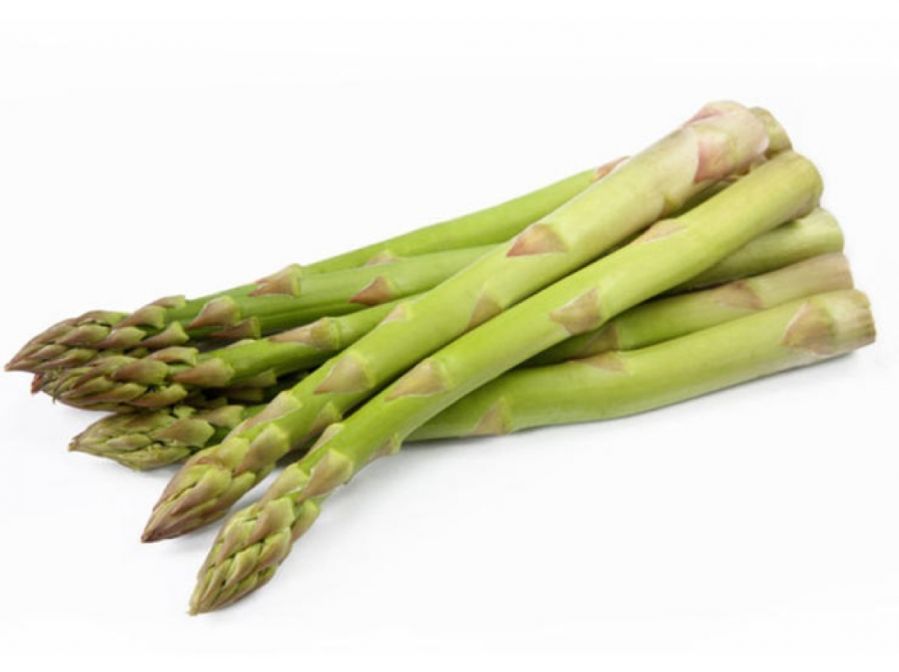
13. Carrot
DO: leave leaves on carrots to keep tubers longer. Small peeled carrots can be placed anywhere in the refrigerator, while large, unpeeled carrots will be more sensitive to ethylene.
DO NOT: put carrots big near fruits, just after 1-2 weeks they will be bitter and almost inedible due to ethylene from fruits.
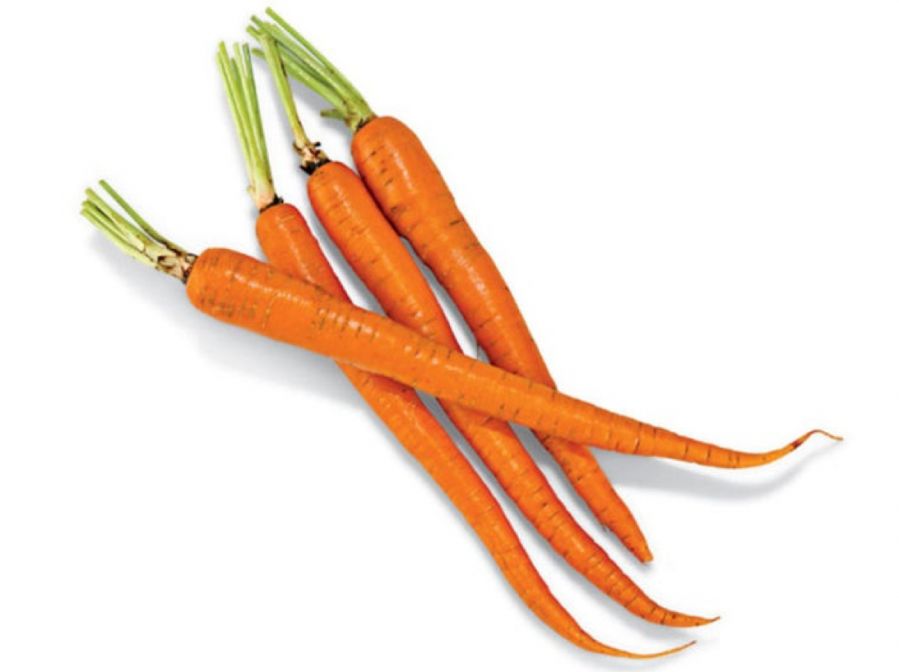
14. Bananas
DO: keep bananas separate from ethylene-sensitive foods, such as berries, cucumbers, greens, sweet potatoes, and watermelons. This will prevent the fruit from ripening and spoiling too quickly. Bananas should be separated from each fruit and wrapped individually.
DO NOT: store in refrigerator. The cold temperature will prevent bananas from ripening and cause them to brown.
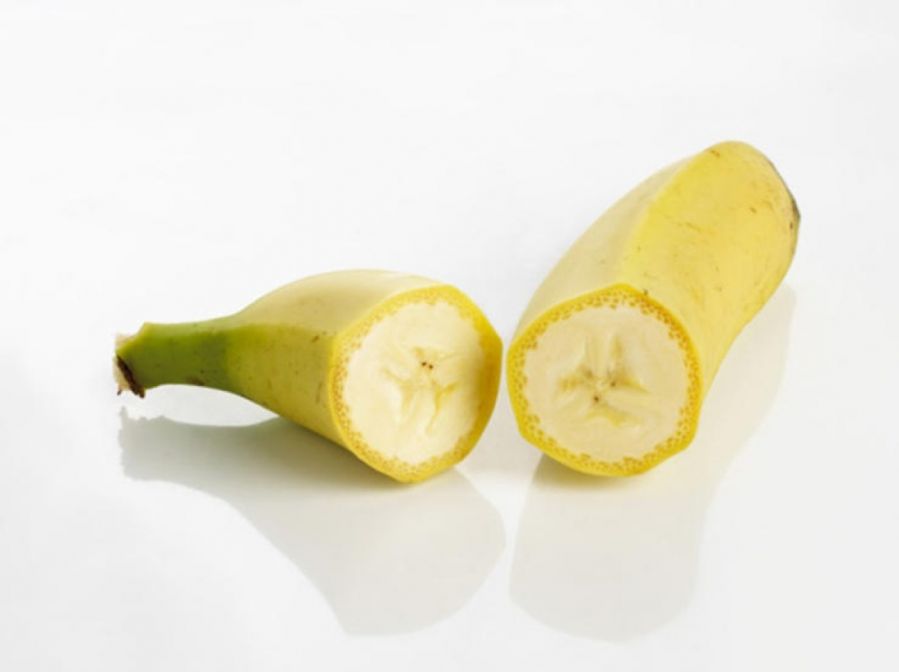
Bật mí các loại rau củ quả cung cấp protein cho người ăn chay
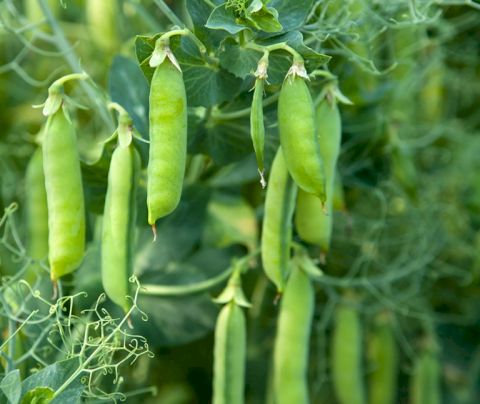
Protein là một dưỡng chất đóng vai trò vô cùng quan trọng đối với cơ thể của chúng ta. Nhiều người cứ lầm tưởng rằng protein chỉ chứa trong thịt, cá, trứng,…Tuy nhiên, nó còn chứa trong các loại rau củ quả. Nên những ai đang ăn chay có thể tham khảo một số rau củ quả cung cấp hàm lượng protein dưới đây nha.
10+ Lý do để bạn nên quyết định ăn chay ngay từ bây giờ

Xu hướng ẩm thực trong cuộc sống hiện nay đó chính là ăn chay. Lợi ích của việc ăn chay đem lại là gì? Lý do tại sao con người lại thích ăn chay? Bài viết 10+ lý do để bạn nên quyết định ăn chay ngay từ bây giờ sẽ giúp bạn hiểu được phần nào. Hãy cùng nhau theo dõi bài viết sau đây.
Chế độ ăn chay liệu có phù hợp với những người tập thể hình?
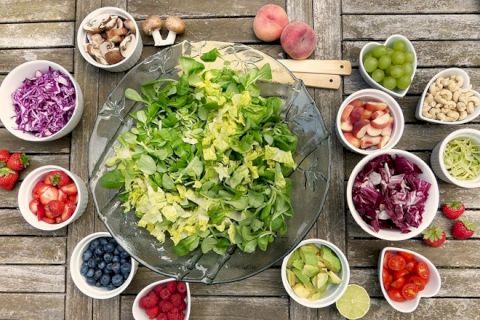
Nhiều người lầm tưởng rằng tập thể hình (tập gym) thường chế độ ăn uống phải có thịt đỏ nhằm tác động cho hệ cơ bắp phát triển, còn các món chay chủ yếu là rau củ quả không cung cấp đủ dưỡng chất cho quá trình tập luyện. Liệu quan điểm đó có đúng là như vậy?
Lý do nhiều người thường thất bại khi cố gắng tập ăn chay
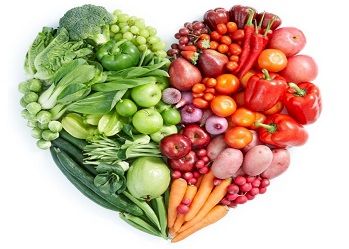
Ăn chay là một trong những ý tưởng đang rất được ưa chuộng hiện nay. Nhiều người tưởng rằng ăn chay là điều hết sức bình thường. Tuy nhiên, nhiều người khi áp dụng chế độ này sẽ không có đủ năng lượng cho công việc và cuộc sống.
Cẩm nang để giúp nấu món ăn chay trở nên hấp dẫn hơn
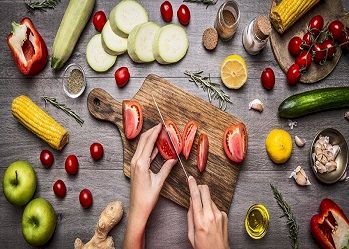
Ngày càng có nhiều người chọn ăn chay là chế độ ăn thường ngày của mình. Thế nhưng, đa phần họ đều phải loay hoay trong việc chế biến và đảm bảo sao cho các món ăn cung cấp đủ dinh dưỡng.
Lưu giữ ngay những bí kíp giúp bữa ăn chay trở nên thú vị hơn
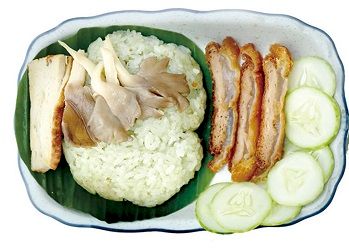
Trong cuộc sống hiện nay, ăn chay đang dần trở thành một trong những xu hướng mới. Đối với những người đang ăn mặn bình thường sẽ gặp phải không ít khó khăn khi chế biến và thưởng thức nhũng món ăn chay.
Ăn chay thường xuyên vì sao không thể giảm cân được?

Có một thực tế là nhiều người không thể giảm cân được dù ăn chay thường xuyên, họ thậm chí còn bị tăng cân trầm trọng. Vậy đâu là lý do khiến bạn gặp phải tình trạng này?
Mầm bệnh từ những thực phẩm chay không được bảo quản, chế biến đúng cách
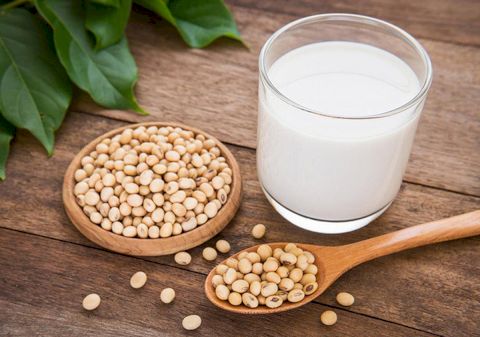
Nhiều thực phẩm rau củ khi còn sống hoặc chế biến không kỹ sẽ chứa những chất độc gây nguy hiểm cho người sử dụng. Để bảo vệ sức khỏe tốt nhất cho gia đình cũng như chính bản thân của chúng ta thì cần nên hạn chế các loại thực phẩm sống, hay thực phẩm nấu tái.
ĐÀ LẠT VÀ NHỮNG MÙA HOA




